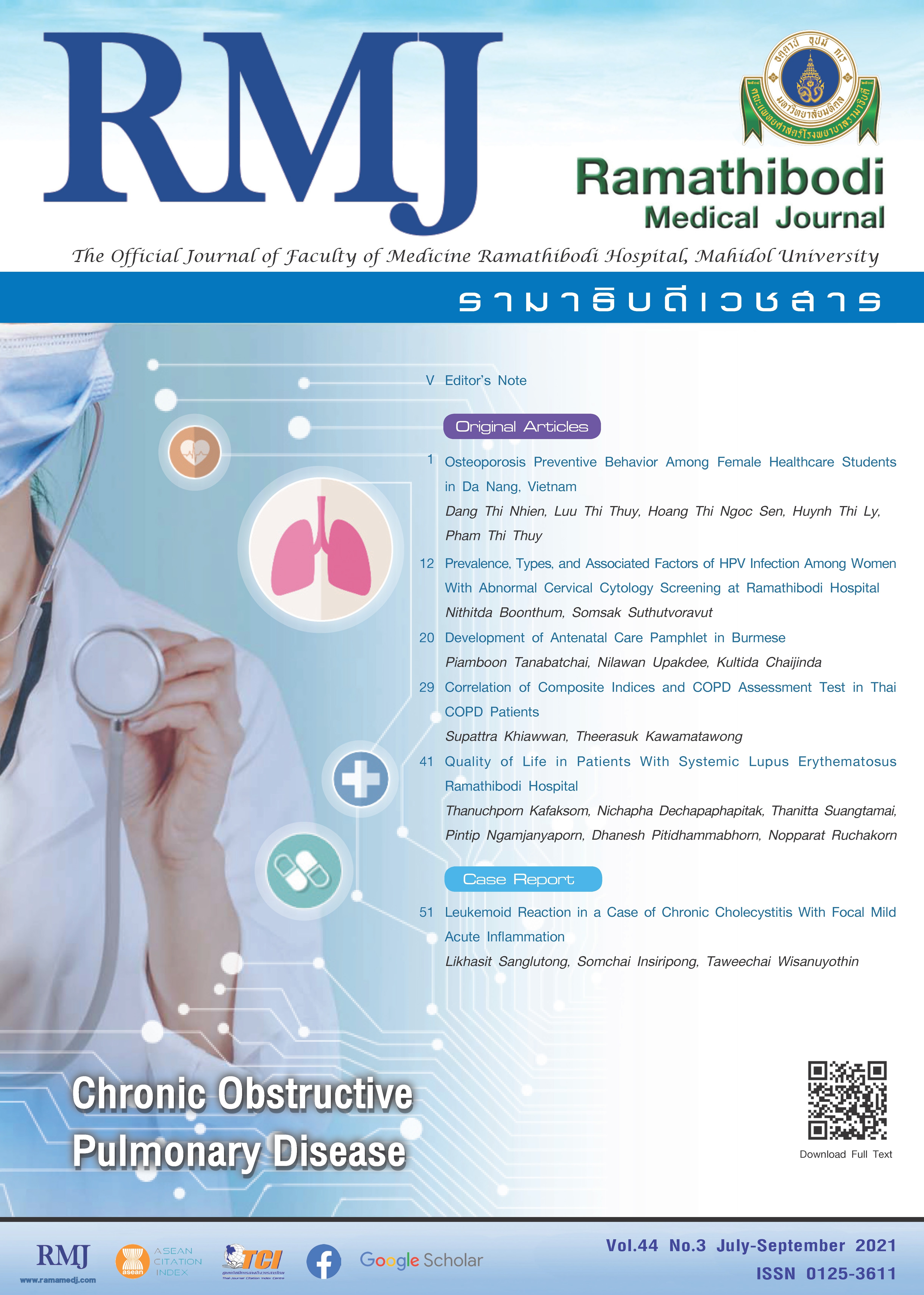Editor's Note
Main Article Content
Abstract
After the storm of COVID-19 seems to calm down somehow. However, here come the severe issues threatening the creditability of journal publications. The issue is a re-visit of data fabrication (making up of research findings). Public awareness was raised by the news headline in UK Daily Mail on October 30, 2021.1 The aspect that I like to emphasize is how a journal can identify research fabrication. Most journals rely mainly on a peer review system to judge the quality of research articles—however, anyone who knows what fabrication is also known that the peer review system cannot detect it. The first reason is consistency. Peer review system rely solely on the quality of reviewers individually, which is unfortunately inconsistent by nature. Especially nowadays that more than 1.5 million biomedical articles are published yearly, high-quality reviewers are hard to come by (some editors may say that even a poor-quality reviewer is still challenging to find). The second reason is a skill as Nick Brown has vividly described statistical details about detection procedures about the identification of data fabrication.2 The procedures seem too sophisticated for routine practices of editorial processes. High-profiled journals are also struggling with fabrication, as evident by recent examples from the Lancet and the New England Journal of Medicine.3 So, the solution for this problem is still uncertain. Currently, readers of any journals need to be aware of the problem and ready to inform the editorial team of any suspicion.
Article Details
References
2. Brown N. A catastrophic failure of peer review in obstetrics and gynaecology. Nick Brown blog. October 28, 2021. Accessed November 3, 2021. https://steamtraen.blogspot.com/2021/10/a-catastrophic-failure-of-peer-review.html
3. Offord C. Lancet, NEJM Retract Surgisphere Studies on COVID-19 Patients. The Scientist. June 4, 2020. Accessed November 3, 2021. https://www.the-scientist.com/news-opinion/lancet-retracts-surgispheres-study-on-hydroxychloroquine-67613
